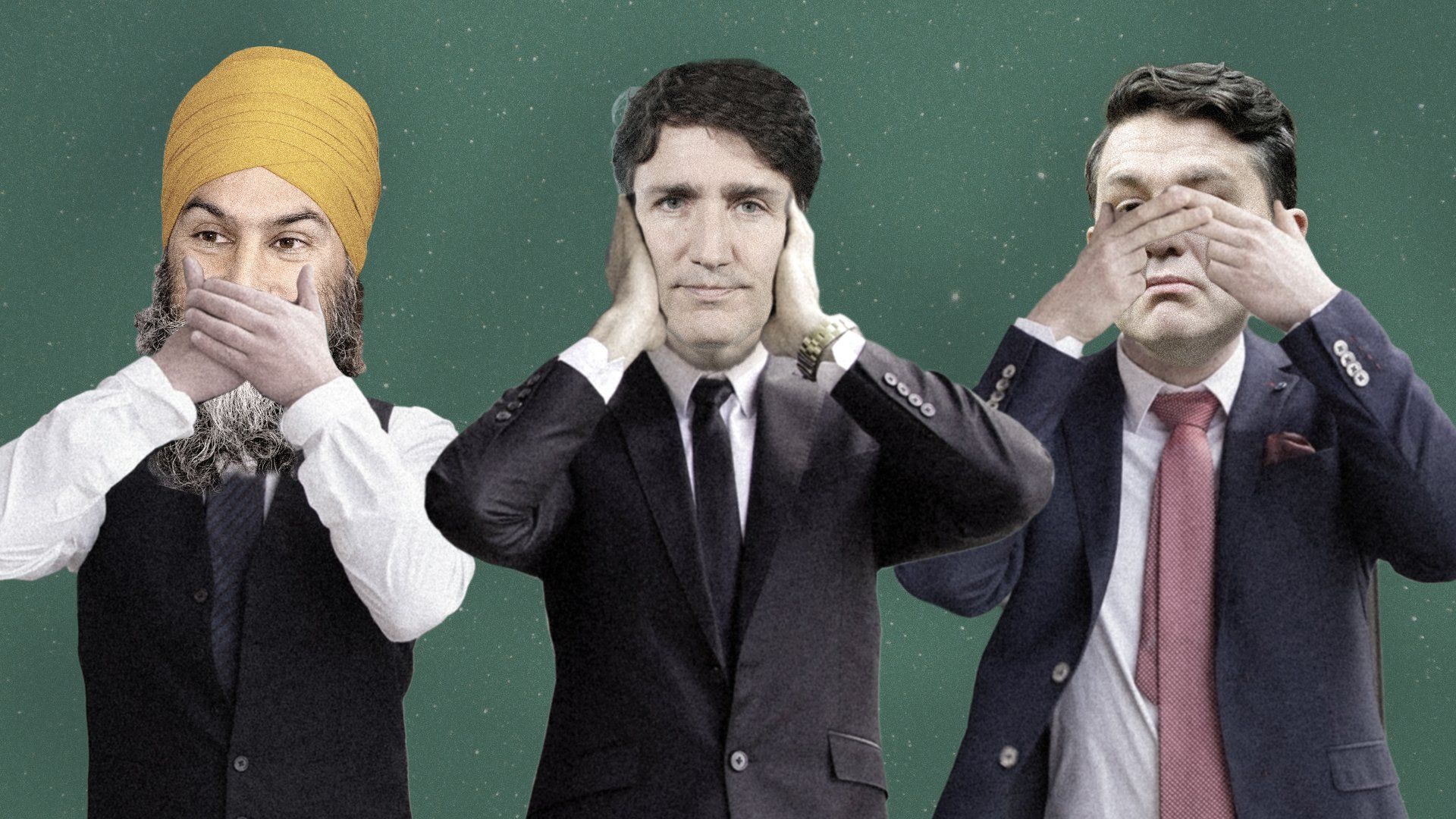When about 200 foreign students arrived by bus at the Liberal nomination meeting in the leafy suburban Toronto community of Don Valley North in 2019, Han Dong thought nothing of it.
“I didn’t pay attention to busing international students because … I didn’t understand it as an irregularity,” he testified later.
Dong, who was born in Shanghai but has lived in Canada since he was 13, was seeking the Liberal nomination at the time, and he wanted the support of Chinese students because that was allowed under party rules – and his opponents could be expected to do the same. The prize was worth the trouble: Whoever won the nomination was almost certain to represent the riding in the House of Commons.
Dong later testified that he was unaware that the Chinese consulate threatened the students and arranged the buses, as is now alleged, meaning Beijing got their chosen candidate into the House of Commons, apparently without the candidate knowing.
Reluctant to see the problem
That nomination contest, and Dong’s career in the House, later became controversial when Canadian spies leaked unproven allegations about his connections to Beijing, which led to his exit from the caucus, a lawsuit, and Trudeau reluctantly calling a commission of inquiry into foreign interference in Canadian politics.
In testimony at the inquiry earlier this year, representatives of the Liberals — and other parties — appeared reluctant to acknowledge that there might be problems in their parties. Azam Ishmael, executive director of the party, for instance, testified that he had not read the report that revealed what the Canadian spooks knew about interference in Dong’s nomination race.
It’s not just the Liberals who seem to see no evil, hear no evil ...
Conservative Party leader Pierre Poilievre has been happy to castigate the Liberals for their alleged connections to the Chinese government — which is fair enough since the Chinese seem to have tried to help the Liberals in the last election. But Poilievre has refused to be sworn to secrecy for fear it will restrict what he can say about the facts. That means he can’t read the details, even though Indian foreign interference may have played a role in the leadership race that made him the leader of his party.
Busloads of voters
Both China and India are accused of using proxies to influence their diasporas to support candidates they favor and block those they oppose. This is possible, in part, because the parties leave the door open to them.
Justice Marie-Josée Hogue, who leads the ongoing inquiry, warned that nomination races can be a “gateway” for foreign influence.
Under Canadian electoral law, the parties decide who can vote in their nomination battles. For Liberals, Conservatives, and New Democrats, that includes teenagers and noncitizens, like the Chinese students who seem to have made the difference in Han Dong’s nomination.
Dong was right to point out that it didn’t seem irregular because it was not against the rules. Grassroots organizers routinely bus new Canadians to nomination meetings. Since many ridings are, like Don Valley North, very likely to be won by the incumbent party, that means that in Canada, the real elections are often decided by whoever can get the bigger busloads of new Canadians to a meeting hall when the party picks its candidate.
Bad foreign policy
This has serious implications for Canadian foreign policy since diaspora politics pressures parties to stay on the good side of the mysterious people (read: countries) arranging for busloads of voters to show up.
Trudeau’s government has a terrible relationship with Modi because the Indians are suspicious of the Canadian Sikhs in Trudeau’s coalition, accusing them of sponsoring terrorist attacks in India. They are similarly suspicious of Jagmeet Singh, leader of the NDP. Trudeau has accused Modi of being behind the assassination of a Sikh activist in British Columbia.
This conflict is rooted in the powerful role that Canadian Sikhs play in grassroots political struggles in all the parties. Other diaspora groups also play prominent roles, and those groups end up binding the hands of the people conducting Canadian foreign affairs.
Eurasia Group Senior Analyst Graeme Thompson, formerly a policy analyst with Global Affairs Canada, says Canadian diplomats can’t avoid the political reality of diaspora politics, which makes it hard to develop policy focused on the country’s national interest.
“It’s a huge problem for Canadian foreign policy making to have politicians primarily making policy on the basis of domestic political considerations that are driven by diaspora politics.”
More rules on the way
It seems clear that it should be harder for noncitizens to participate in Canadian nominations, but the parties don’t want to close the gateway Hogue identified. They benefit from the money, energy, and busloads of voters, so they don’t want to bar noncitizens from voting in nomination battles.
“The other parties seem to like the idea of being much loosey goosier about who can vote in a nomination race,” says Elizabeth May, leader of the Green Party, which only allows citizens to vote in party races.
She thinks that the other parties should tighten their rules, thus avoiding a complicated and potentially expensive regulatory structure, but those parties benefit from the status quo, so it will likely fall to Hogue to urge them to make changes when she issues her report at the end of the year.
But there is no guarantee that they will do whatever she proposes, and there could be another election before she issues her report, which means India may be tempted to help the Conservatives, and China may again work against them.
It would be better if the Canadian parties could work together to signal that they won’t stand for foreigners interfering in Canadian politics, but in a pre-election atmosphere of deep mutual distrust, that may be too much to hope for.
